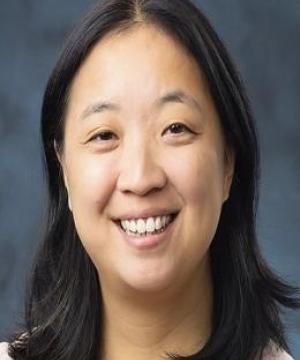
Abstract: In this talk, we give an introduction and some history of quantum compiler development at the Oak Ridge National Laboratory (ORNL) in the context of the greater quantum computing landscape. We will discuss the underlying programming model that has enabled ORNL to be at the forefront of quantum-classical stack development and the advent of a (still in progress) standardized intermediate representation of quantum programs, which has now started to be adopted by international partners. However, the wait continues for quantum hardware devices to mature into a stage where quantum computers can be usable on a large scale. Thus, much of the research has so far been forward looking and the idea of “software development'' is mostly focused on how we can already begin to create something that is reliable and maintainable in the long term. This principle is captured in our recent contribution linking the new intermediate representation to the stack. We will demonstrate how one can compile a quantum program using this preliminary implementation and discuss what this might mean going forward.
Speaker’s Bio: Elaine Wong is a postdoctoral research associate with the Discrete Algorithms group in the Computer Science and Mathematics Division. Prior to coming to ORNL, she earned her Ph.D. at Johannes Kepler University in Linz, Austria, and spent a postdoctoral year at the Radon Institute for Computational and Applied Mathematics under the Austrian Academy of Sciences. Her previous research lay at the intersection of combinatorics and symbolic computation, where she had developed and used symbolic algorithms for the purpose of proving identities and simplifying symbolic sums and integrals arising in combinatorial and determinant problems. She also spent some time creating open-source mathematical packages in Mathematica and Sagemath. Now at ORNL, Elaine works closely with members of the Quantum Science Center and the Quantum Computational Science group of the Computer Science and Engineering Division on the classical-quantum software stack, on quantum circuit expressibility, and on the potential of using nonlocal game models to develop quantum algorithms for computation. She also spends part of her time working with some members of the Physics Division in the Physical Sciences Directorate with the development of algorithms for data fusion.
Last Updated: October 9, 2023 - 8:56 am